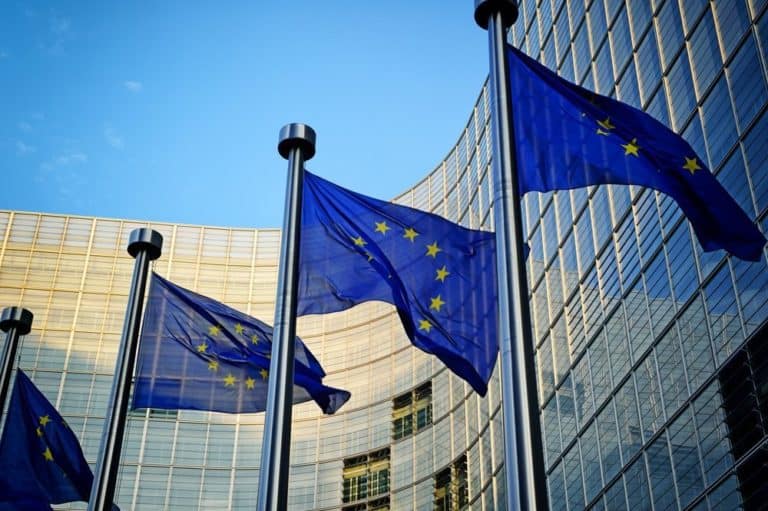To prevent political ads from undermining elections, the European Union announced a new law that will create more transparency around the ads. In a press release, the bloc said that the law aims to protect elections integrity and open democratic debate.
The requirement now is that political ads need to have a clear label saying who paid for them and how much was spent.
Vera Jourová, the Veep of values and transparency, said that elections must not be a competition of opaque and non-transparent methods. People must know why they see an ad, who paid for it, how much, and what micro-targeting is used.
Emancipation, not manipulation
New technologies, Jourová added, should emancipate and not manipulate us. The proposition, which she called ambitious, will bring an unprecedented level of transparency to political campaigning and limit the opaque targeting techniques.
The new law will also ban the targeting of ads where amplification techniques are used to reach a large number of people rapidly. That means banning ads that use specific personal data like sexual orientation, religious beliefs or ethnicity, without first getting permission from the person.
The EU made some exceptions though.
The tech giants speak
It is hoped that all 27 countries in the bloc will endorse the law so it can be enacted in each country by 2023, the year before elections take place across Europe. If the law passes into enforcement, companies like Meta Platforms (Facebook in a downright laughable disguise) and Google will have to toe the line or risk fines of up to 5% of annual global revenues.
Meta has already put some effort into curbing the problem of ads and issued a statement about the new law.
It said that it has long called for an EU-wide regulation on political ads and is pleased, with Google chiming in with the customary “it’s a step in the right direction.”
